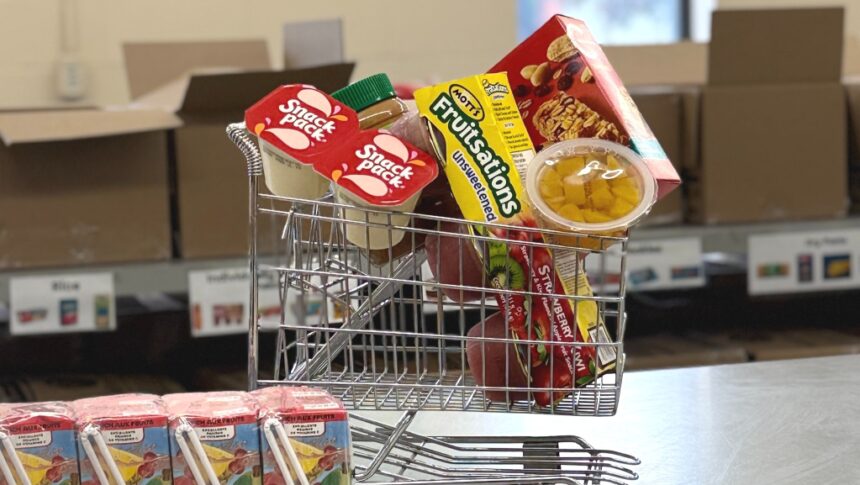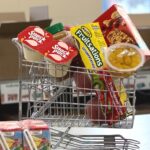In the shadow of Waterloo Region’s tech boom and suburban prosperity, a quieter crisis continues to unfold. Local food banks are marking Hunger Action Month this September with urgent appeals as they face unprecedented demand from families caught between stagnating wages and soaring living costs.
“What we’re witnessing isn’t just a temporary spike—it’s a fundamental shift in who needs food support,” explains Maria Kontogiorgos, executive director at The Food Bank of Waterloo Region. “We’re seeing working professionals, seniors on fixed incomes, and two-income households who simply can’t stretch their dollars far enough anymore.”
The numbers paint a stark reality across the region. Last year alone, local food assistance programs served over 42,000 individuals—a 34% increase from pre-pandemic levels. More troubling is that nearly a third of recipients now are first-time users who never imagined they would need such support.
At the Cambridge Food Bank, executive director Cameron Dearlove notes a particularly concerning trend. “Children now represent almost 40% of the people we serve,” he told CO24 News. “When families face financial pressure, nutrition is often what gets sacrificed first, with potentially lifelong consequences.”
Behind these statistics are real community members like Sarah, a dental hygienist and single mother of two who requested her last name be withheld. “I work full-time, but between rent increases and grocery prices, there’s just nothing left by month’s end,” she explains. “The shame I felt the first time I visited the food bank was overwhelming, but the volunteers helped me understand this isn’t a personal failure—it’s a system failure.”
Local food security experts point to a confluence of factors driving the crisis. Housing costs in Waterloo Region have climbed approximately 68% over five years, while grocery prices continue to outpace general inflation. Meanwhile, wages for many middle and working-class positions have remained relatively flat.
“We’re seeing the erosion of financial resilience across entire segments of our community,” says Dr. Amara Levine, who studies food security at Wilfrid Laurier University. “What used to be temporary emergencies are becoming chronic conditions for many households.”
The Cambridge Self-Help Food Bank reports that the average length of time clients need assistance has nearly doubled since 2019, indicating that food insecurity is becoming a persistent rather than temporary challenge for many families.
Throughout September, food banks across the region are partnering with local businesses for Hunger Action Month initiatives. Major grocery chains are offering donation options at checkout, while restaurants like The Lancaster Smokehouse and Proof Kitchen + Lounge are running promotions where portions of proceeds go directly to food security programs.
In Kitchener’s tech corridor, several companies have stepped up with matching donation campaigns. “Our employees wanted to make a meaningful local impact,” says Jennifer Chow, community relations director at a prominent software firm. “When they learned about the situation, the response was immediate and overwhelming.”
Regional Chair Karen Redman has called the situation “an ongoing and deepening crisis that requires both immediate action and long-term solutions.” The Region has increased funding for emergency food programs by 15% this year but acknowledges this addresses symptoms rather than causes.
Food bank officials stress that while donations remain critical, the larger conversation must shift toward policy solutions. “We’re tremendously grateful for every can donated and dollar contributed,” says Kontogiorgos, “but we can’t donate our way out of structural poverty and inequality.”
As Waterloo Region continues to attract investment and talent to its innovation ecosystem, the contrasting reality of growing food insecurity raises profound questions about inclusive prosperity. How can a community experiencing such economic success ensure that its most vulnerable members don’t fall through widening cracks in our social safety net?
For information on how to support local food banks or access services, residents can visit the Food Bank of Waterloo Region website or contact their nearest community food assistance program.






















